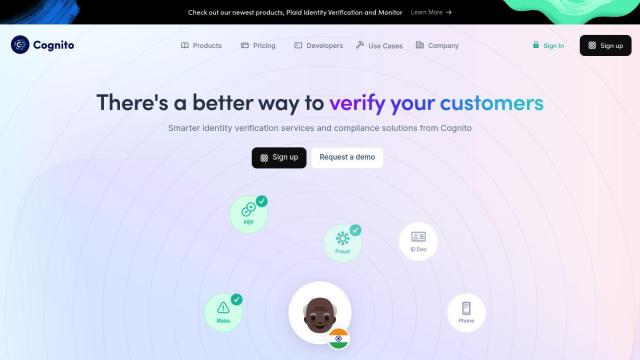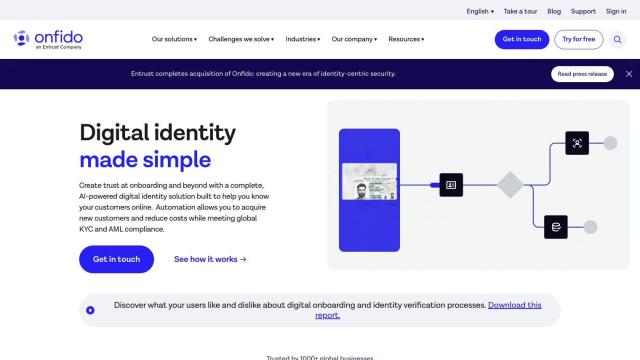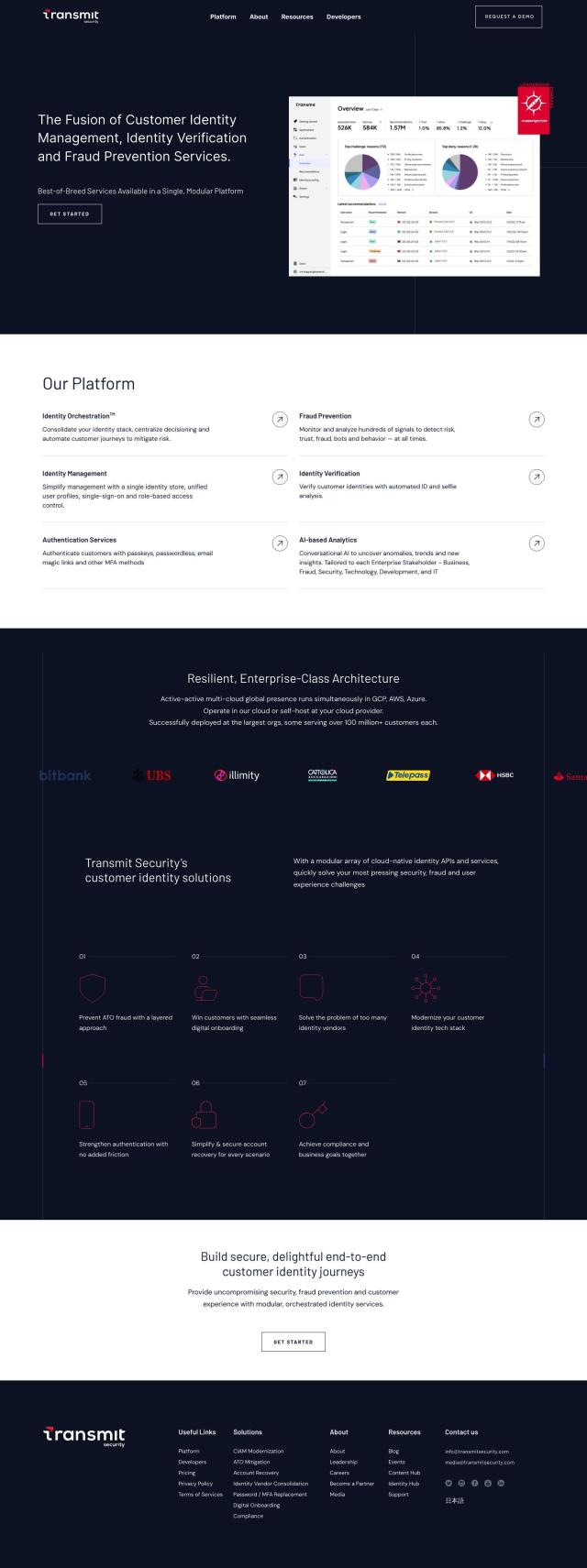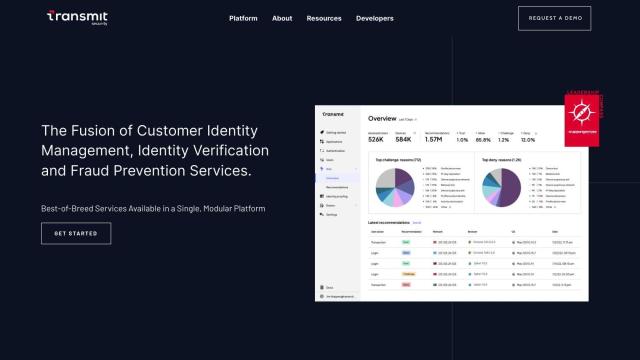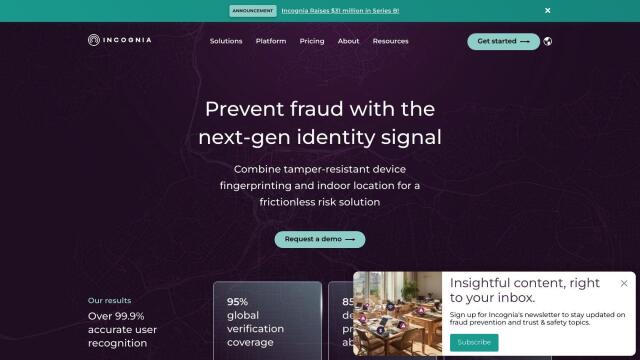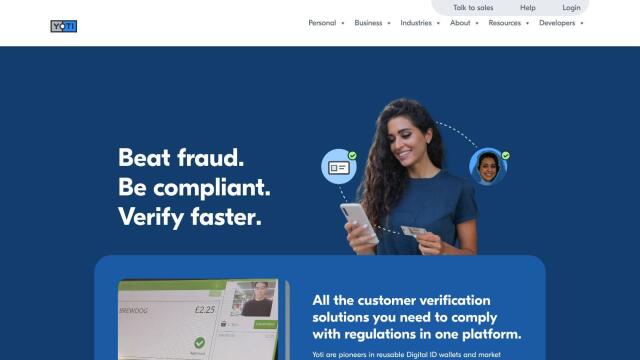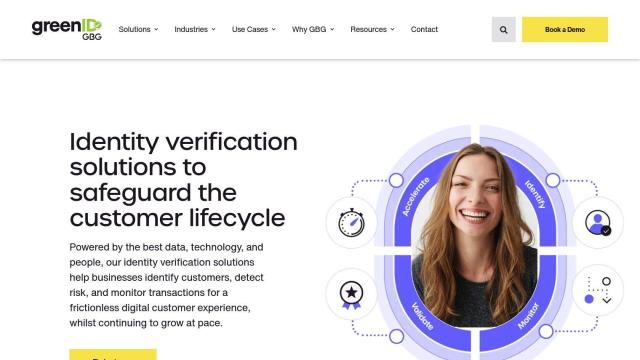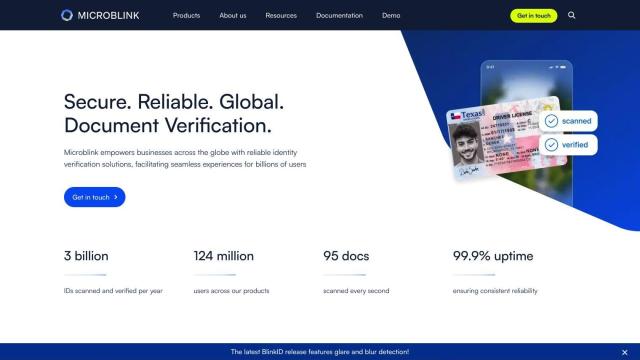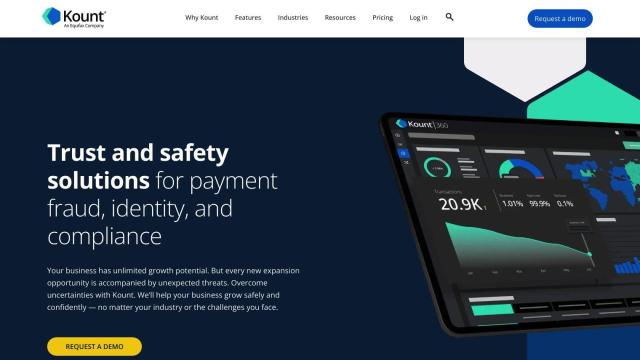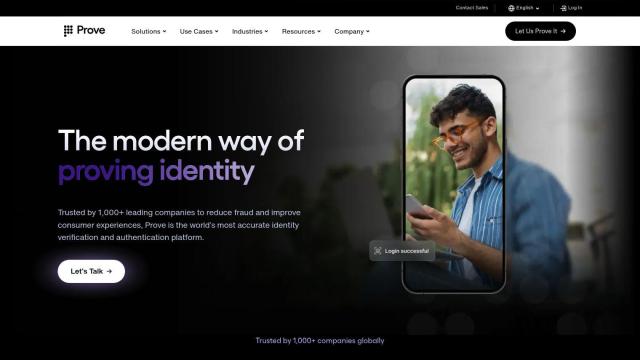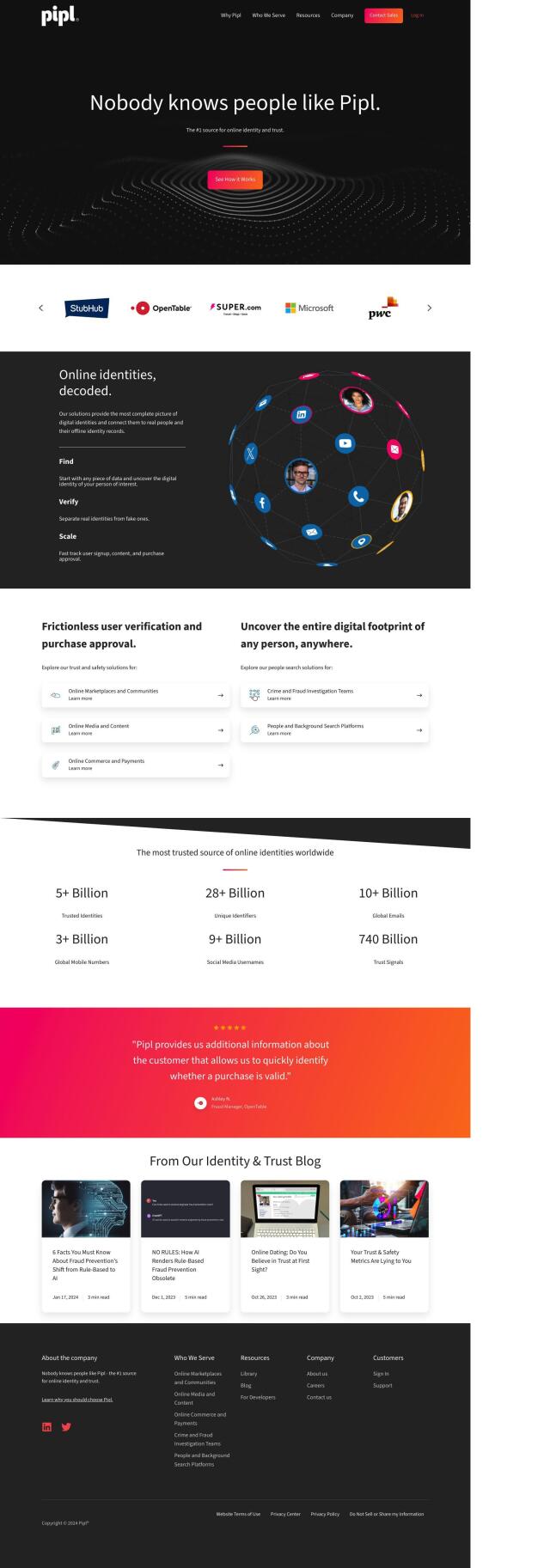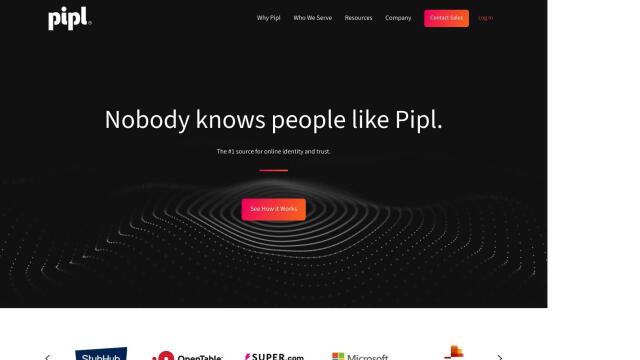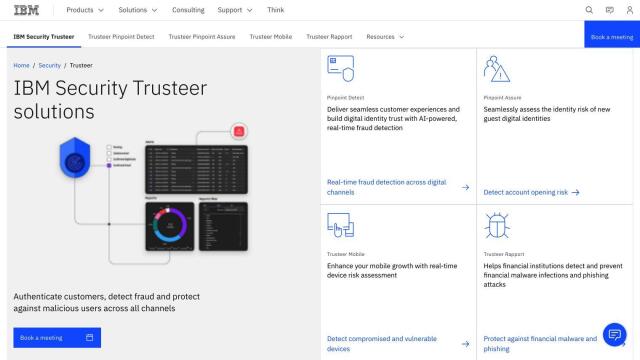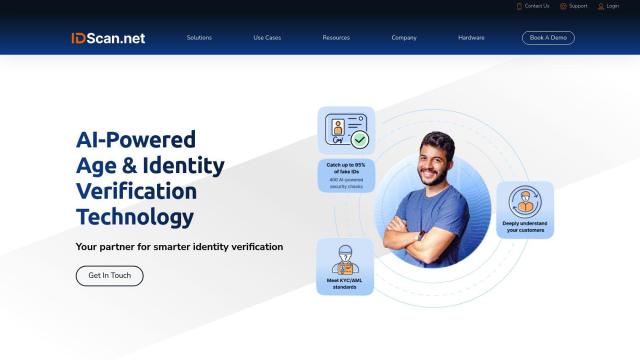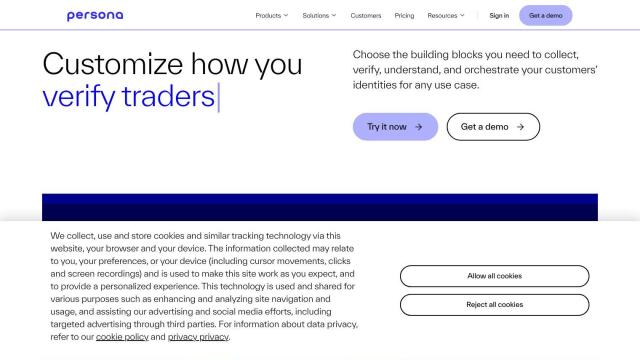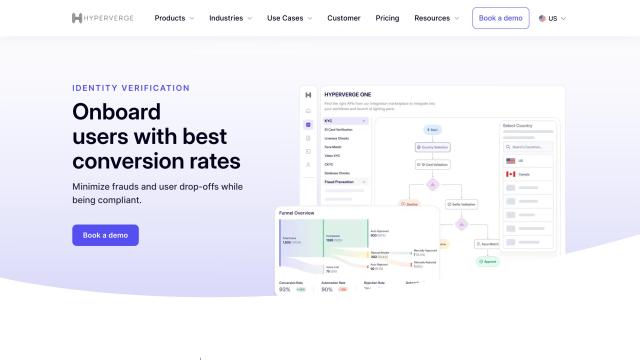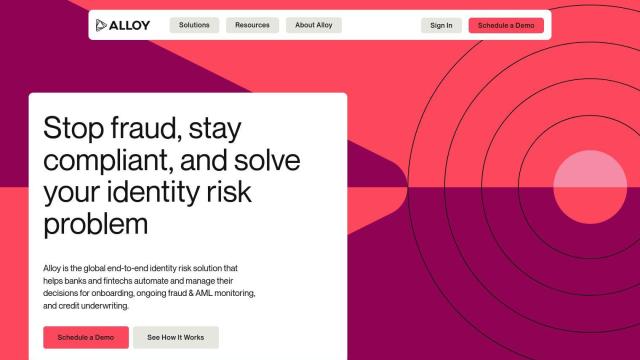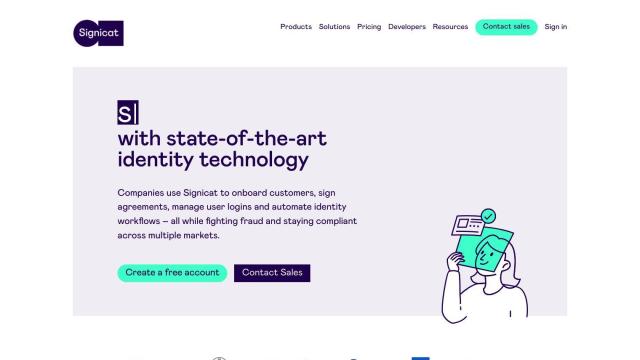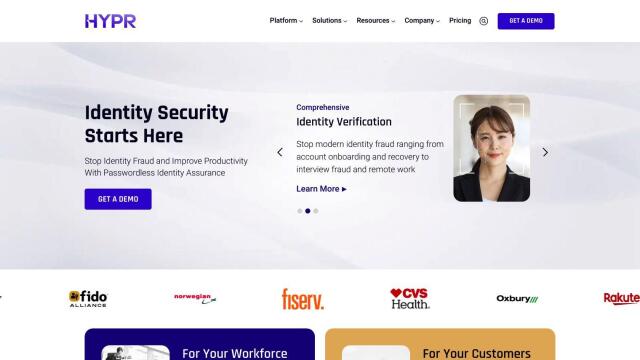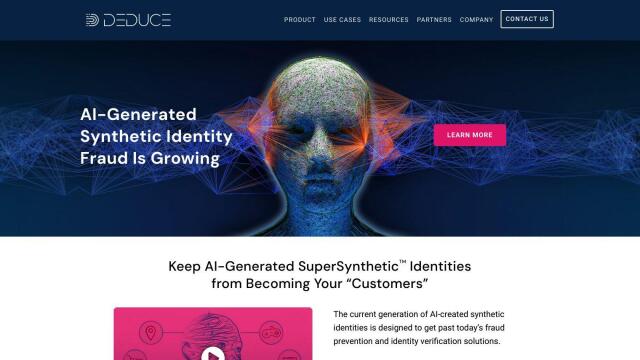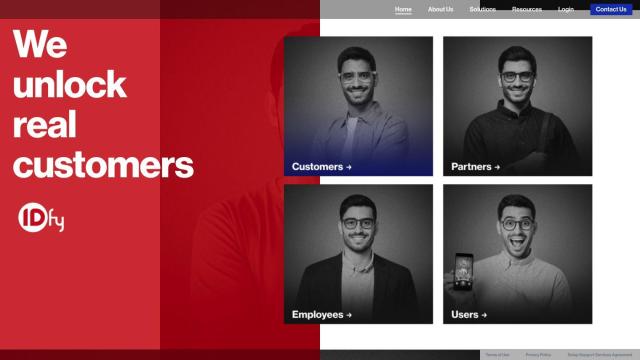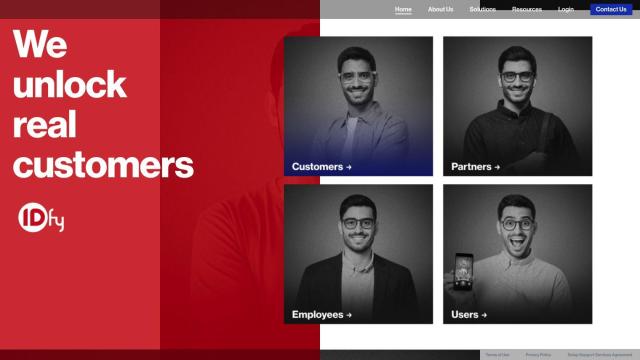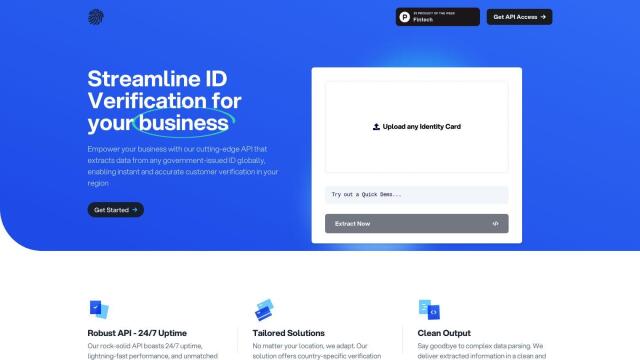Question: I'm looking for a solution that can accurately verify customer identities and detect anomalies in real-time.

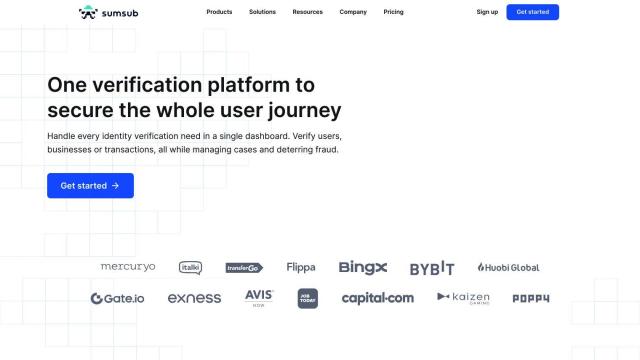
Sumsub
If you're looking for a broad identity verification and anomaly detection system for customers, Sumsub is worth a serious look. The company's platform includes tools for verifying users, businesses and transactions, and uses machine learning to flag suspicious activity and block fraud. It can be integrated with existing systems and offers a pay-as-you-go pricing system, making it a flexible and secure option for fintech and other businesses.

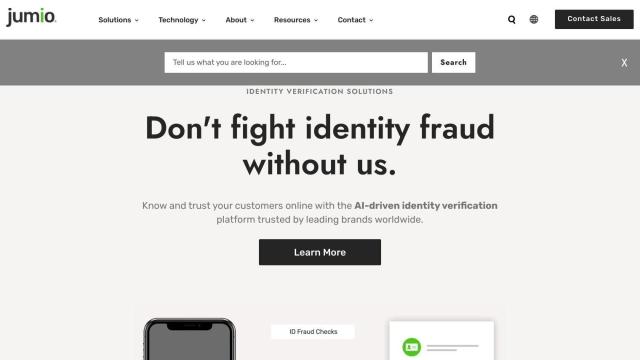
Jumio
Another good option is Jumio, whose AI-powered identity verification technology includes ID document checks, selfie matching and real-time risk assessment. Jumio's platform handles more than 5,000 types of IDs from more than 200 countries and territories, and includes detailed risk scoring and orchestration tools. It's designed to be easily integrated and to meet regulatory requirements, and is used by financial services and government customers.

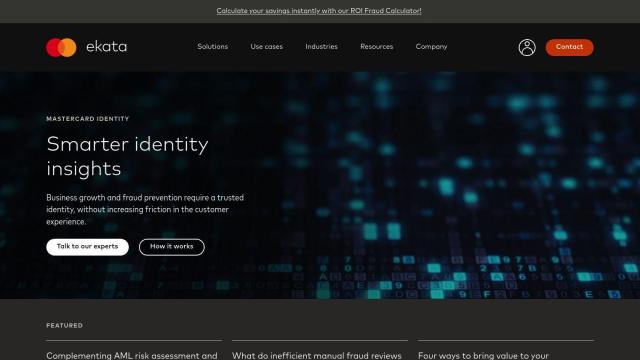
Ekata
Ekata is another option for customer identity verification and fraud prevention, particularly for payments, ecommerce and financial services. Its machine learning technology is used to verify identities and inform AML and KYC requirements, so businesses can onboard customers with more confidence and manage manual review queues more effectively. Ekata's tools include Identity Review 360 and several transaction risk APIs, so it's a good option for fraud prevention.

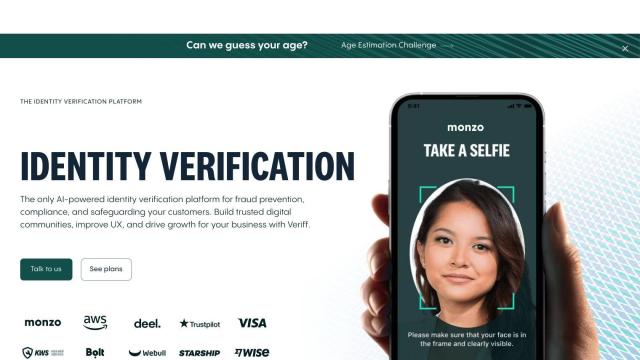
Veriff
If you're looking for a global identity verification system, Veriff offers a frictionless customer journey that combines AI with human verification teams. Veriff supports more than 11,500 government-issued IDs and offers a range of verification checks, including biometric verification and fraud mitigation. It's compliant with major regulatory requirements and offers customizable pricing, so it's a good option for financial services and iGaming.

